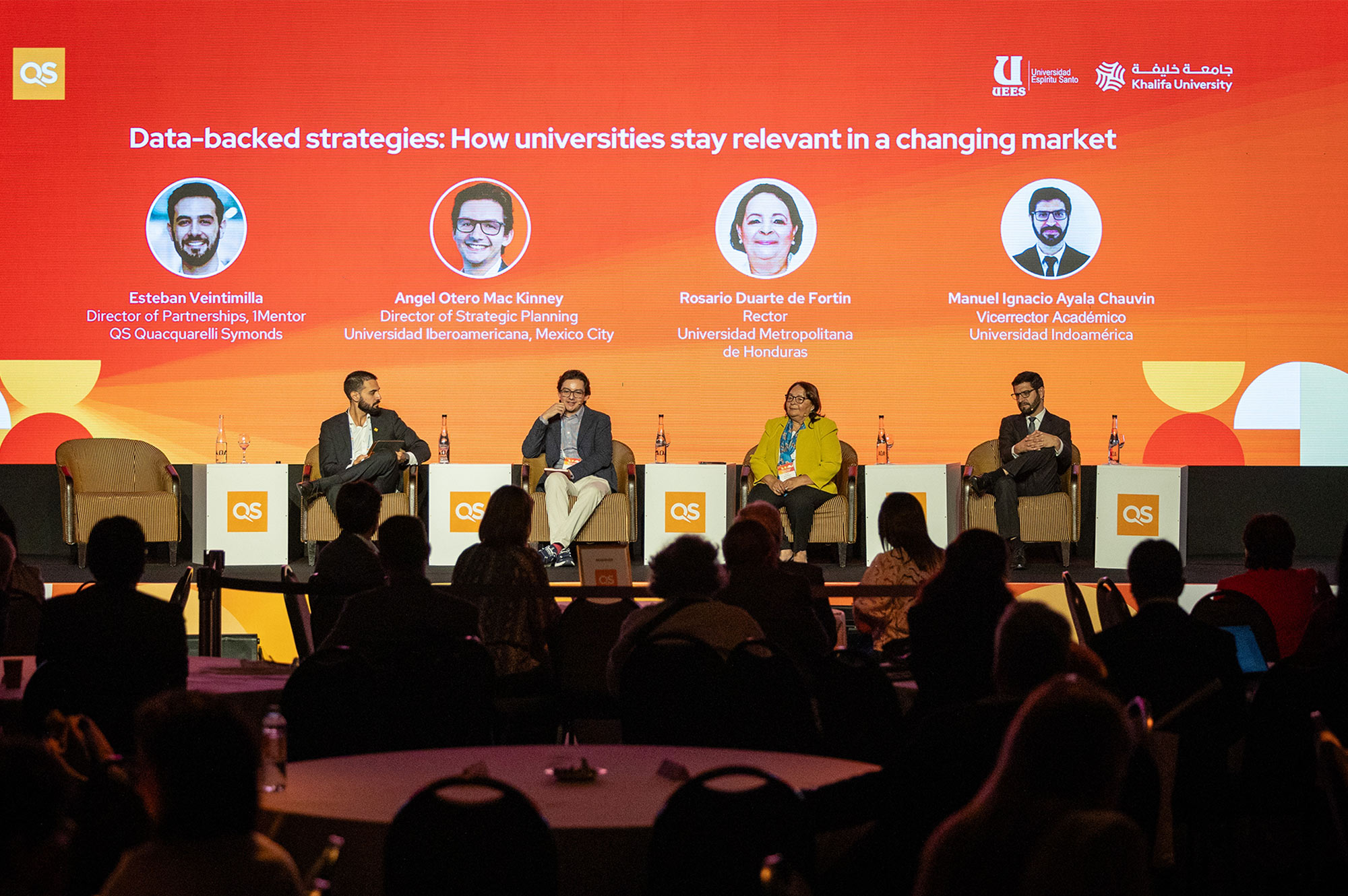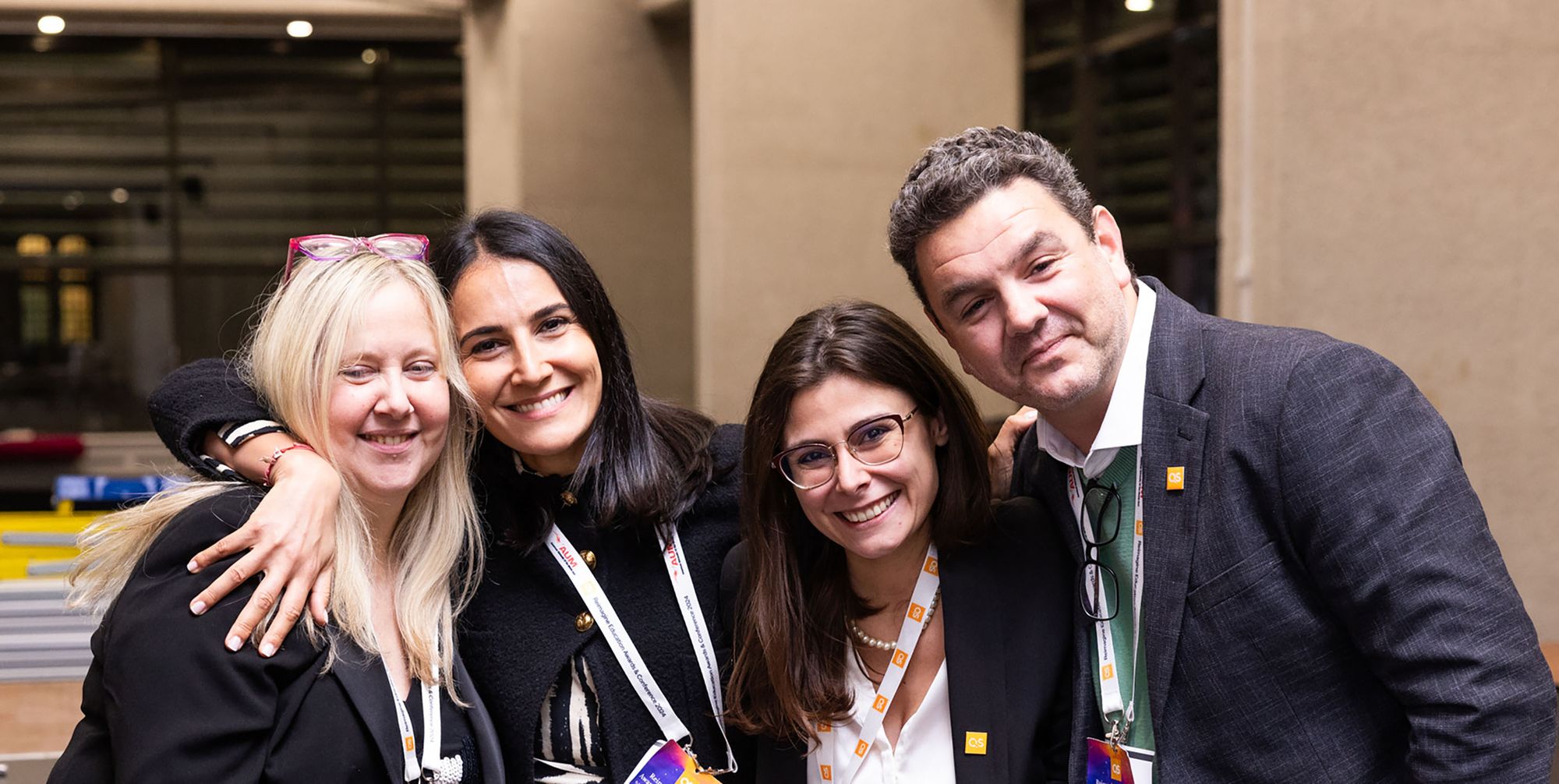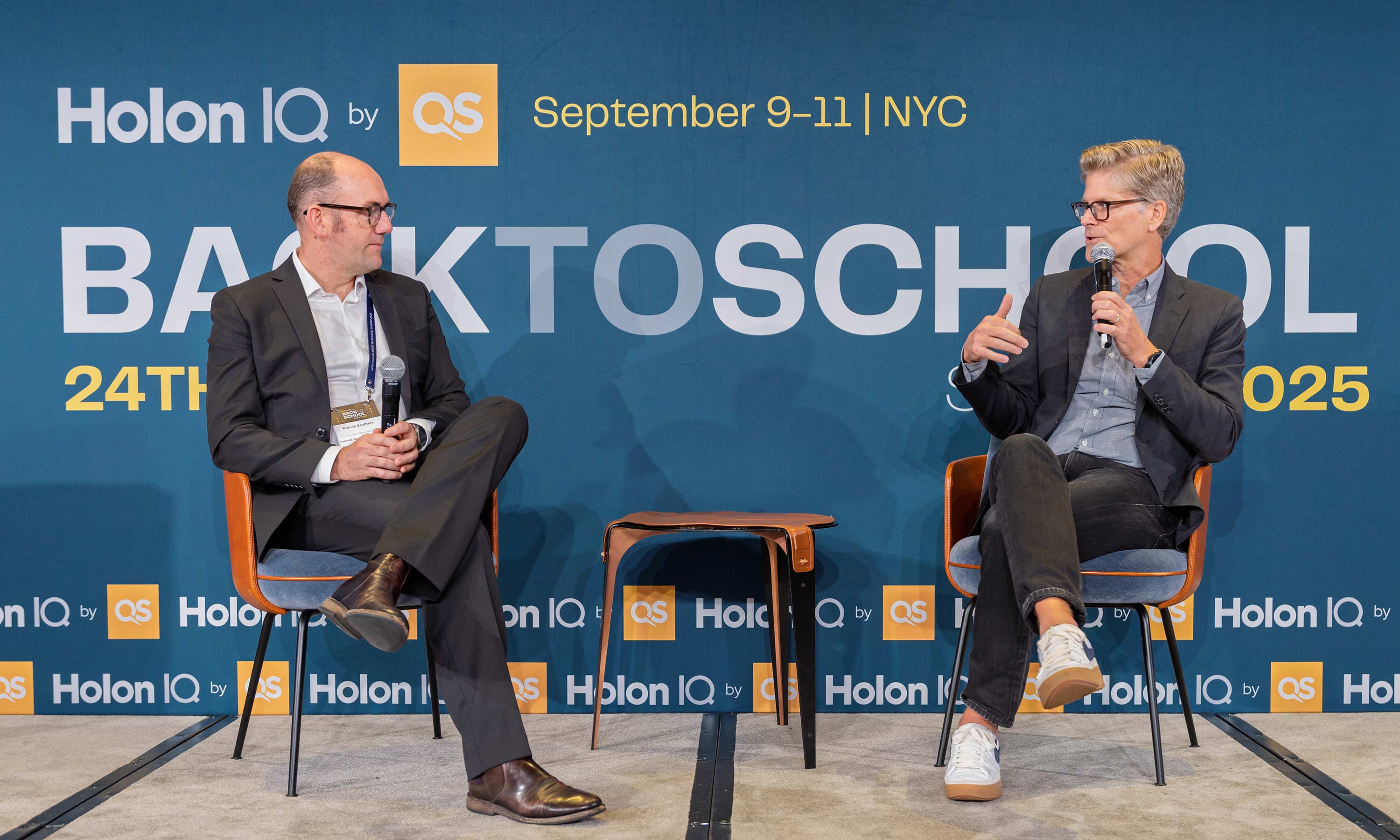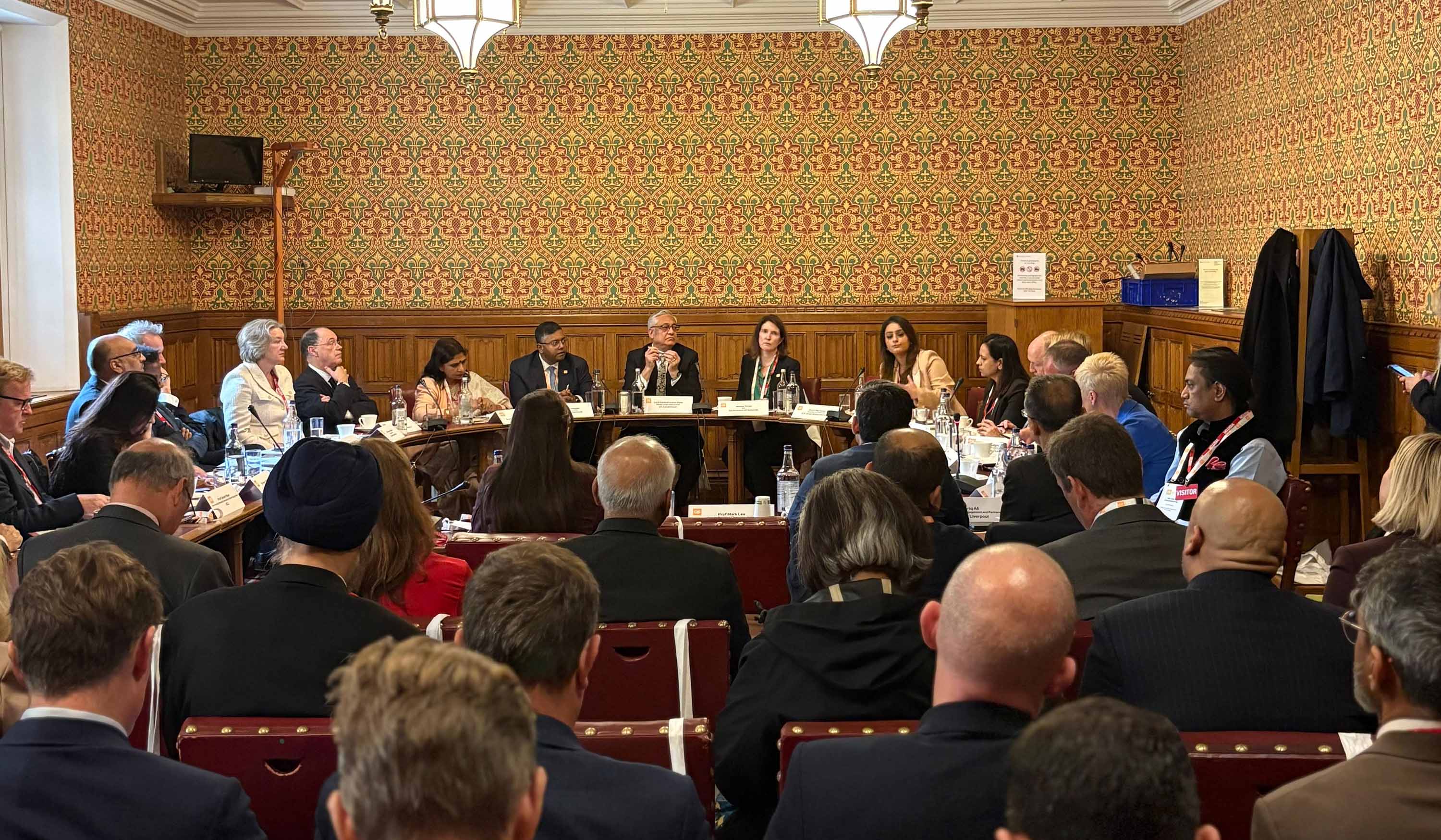Last week, experts convened in Buenos Aires for the QS Higher Ed Summit: Americas 2025. Over two days, we networked, shared insights, and delivered strategies for institutions across the region to increase their reputation.
Reputation’s different forms
In the Summit's opening session, Leigh Kamolins explored the different approaches Latin American institutions take to build their reputation and identity. He argued that universities across LATAM use their existing strengths in, for example, research excellence, environmental education, knowledge exchange, student exchange, or student experience to build reputation. "Universities are complex, but it's vital to forge out your identity, taking advantage of what you're best at, and communicating that effectively," he said.
Throughout the remainder of the Summit, we saw how true this is. During the leaders panel, Dr Ximena Cordova, President of CACES, Dra Eliana Molina Morales, Academic Vice President at Universidad Espiritu Santo, and Maria Gabriela Sibilla, Board Member - Head of Internationalization at Córdoba Acelera, spoke about the challenges facing Latin American higher education, and how internationalisation can be a lever for growth.
In our session on Global Student Flows, Jason Newman explored where LATAM’s future international students will originate from. Then, he used QS International Student Survey data to explore what those students are looking for in a university, and what strengths institutions should lean on to appeal to prospective students. Learn more about Global Student Flows.
In the Summit’s final session, Dr Gabriela Geron Pinon and her panel explored the ways Latin American institutions help drive social mobility, and shared examples of how their institutions create pathways for students from lower socioeconomic backgrounds to succeed in higher education. For many institutions, social mobility is a powerful tool in building reputation among academics and students.
The presentation of our new HolonIQ platform showcased how institutions can see their performance across reputation metrics in a whole new light and better understand their strengths.
We were joined by the Argentine Football Association, who shared how they have expanded the AFA brand globally. They have taken their in-house sports management knowledge to create training programmes and invest in their community, thus leveraging their achievements and reputation for excellence.
Employability as a driver of reputation
Employability was a key theme across both days.
Esteban Veintimilla, Director of Partnerships at QS 1Mentor, lead a panel exploring how labour market insights can help align the academic offer to employer needs, and, in turn, improve their reputation. Fellow 1Mentor Co-Founder, Martin Serrano, took to the stage to explore the future of work in Latin America.

In our Fast Fact sessions, we heard how the Savannah College of Art and Design (SCAD) has taken a holistic approach to integrating employability curriculum and integrated an improved employability service. Our rankings show increasing reputation, since this initiative began - in the QS World University Rankings by Subject, SCAD’s Art and Design ranking has increased from 36 in the world, to 13.
QS Higher Ed Summit: Americas 2026
The Summit closed with an announcement. QS Higher Ed Summit: Americas 2026 will be co-hosted by Universidad de Panamericana. Register your interest.









.jpg)








